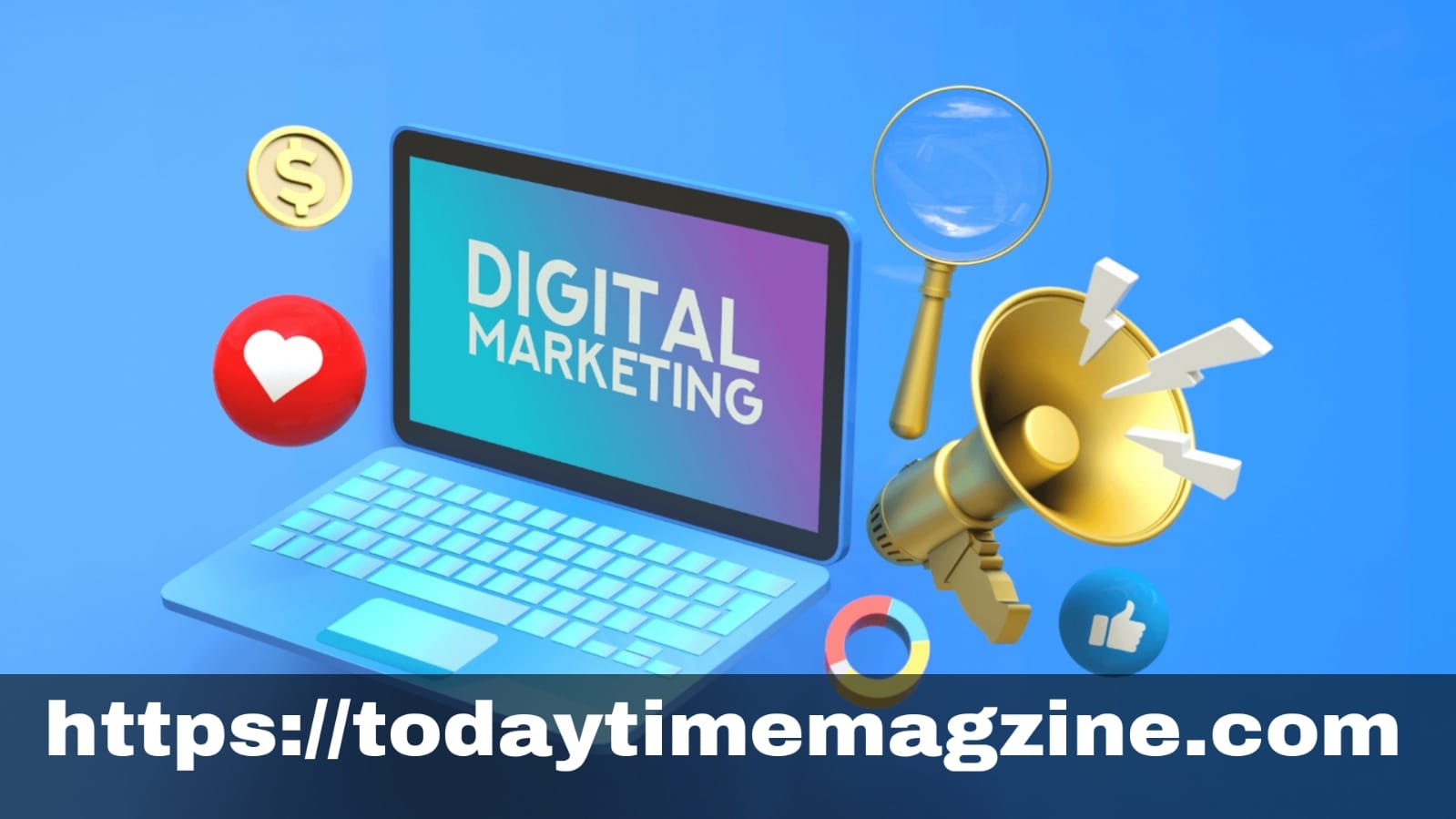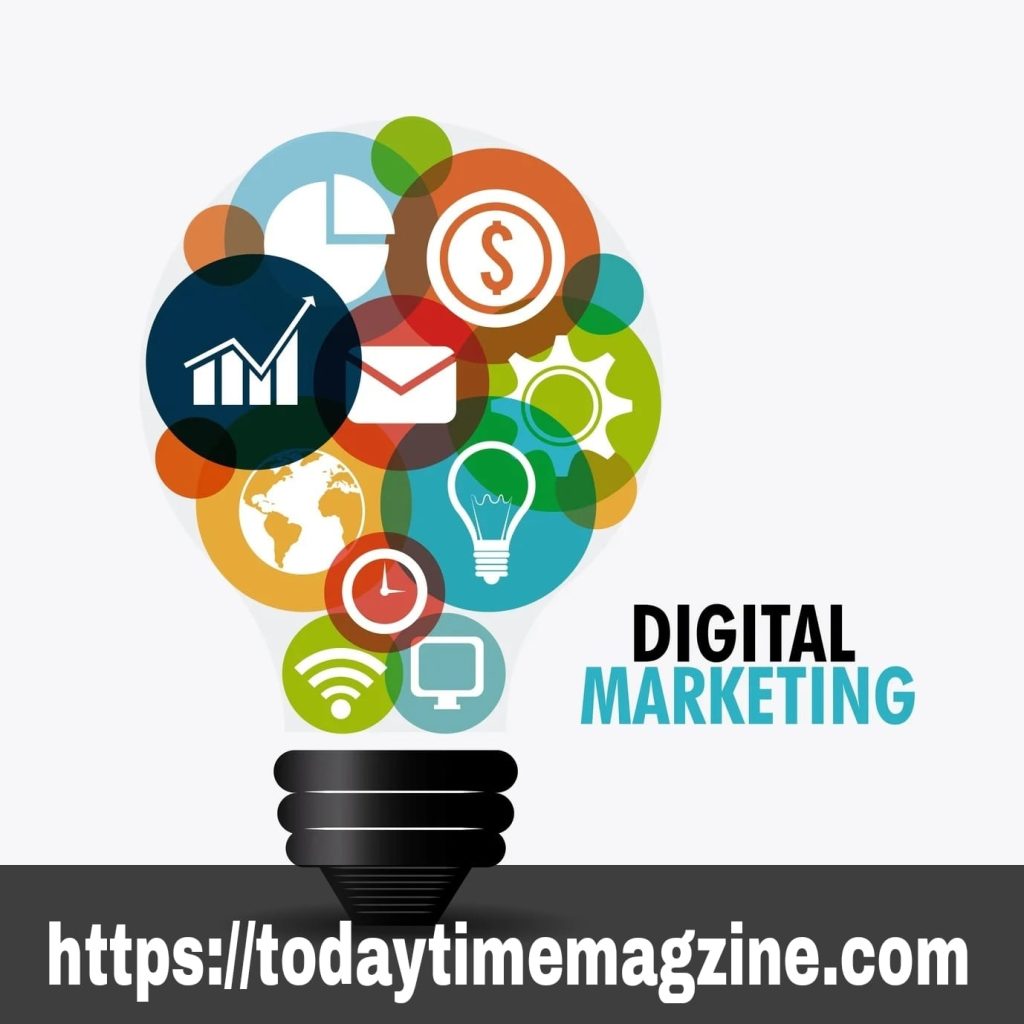
The Revolutionary Transformations in Digital Marketing
In today’s technologically advanced world, the term “Digital Marketing” has become a crucial component for businesses of all sizes. With the ever-increasing use of the internet and social media platforms, digital marketing has emerged as an effective way to reach and engage with a targeted audience. This article aims to delve deeper into the concept of digital marketing, its various components, strategies, and its transformative impact on businesses in recent years.
The Essence of Digital Marketing:
Digital marketing encompasses a broad range of activities aimed at promoting products or services through various online platforms. It includes channels such as search engines, websites, social media platforms, email, mobile apps, and more. Unlike Digital Marketing forms of marketing, digital marketing enables businesses to target specific demographics with precision, allowing for personalized and interactive experiences for potential customers.
Components of Digital Marketing:

1. Search Engine Optimization (SEO): SEO refers to the practice of optimizing a website’s content to increase its visibility on search engine results pages. It involves keyword research, content optimization, and link-building strategies. Implementing effective SEO techniques ensures that your website ranks higher in search engine results, leading to improved organic traffic and increased conversions.
2. Social Media Marketing: Social media platforms such as Facebook, Instagram, Twitter, and LinkedIn have become integral parts of people’s lives. Businesses leverage these platforms to build brand presence, engage with customers, and drive website traffic. Through targeted advertisements and engaging content, social media marketing helps businesses connect with their audience on a personal level, foster brand loyalty, and generate leads.
3. Pay-Per-Click Advertising (PPC): PPC advertising allows businesses to display ads on search engine result pages and other online platforms. It Digital Marketing bidding on keywords relevant to their business to show ads to users searching for those terms. PPC campaigns provide businesses with instant visibility and allow them to track and measure their return on investment (ROI) accurately.
4. Content Marketing: Valuable, informative, and engaging content is an essential element of digital marketing. By creating and sharing high-quality content, businesses can establish themselves as thought leaders, attract organic traffic, and gain the trust of their target audience. Content marketing can take various forms, including blog posts, videos, infographics, ebooks, and podcasts.
5. Email Marketing: Despite being one of the oldest digital marketing strategies, email marketing remains highly effective in nurturing leads and driving conversions. It involves sending personalized and targeted emails to subscribers, delivering relevant content, offers, and updates. With the help of automation tools, businesses can streamline their email marketing campaigns, ensuring timely and consistent communication with customers.
The Transformative Impact of Digital Marketing:

1. Targeted Advertising: Traditional advertising methods were often hit-or-miss, but digital marketing allows businesses to target specific demographics or even individuals. This level of precision enables them to reach and engage with potential customers who are most likely to be interested in their products or services, resulting in improved conversion rates and a higher return on investment.
2. Enhanced Analytics: Digital marketing provides businesses with detailed analytics and insights into consumer behavior and campaign performance. By leveraging these metrics, businesses can make data-driven decisions, optimize their marketing campaigns, and refine their strategies for better results. This real-time feedback loop allows for immediate adjustments and improvements, saving time and resources.
3. Global Reach: The digital landscape has erased geographic boundaries, allowing businesses to expand their reach beyond local markets. With the help of digital marketing strategies, small and medium-sized enterprises can compete with larger corporations on a global scale. This level playing field opens up new opportunities for growth and revenue generation.
4. Cost-Effectiveness: Compared to traditional marketing methods, digital marketing is often more affordable and provides better value for money. With careful targeting and optimization, businesses can maximize their marketing budgets, ensuring that their resources are used efficiently. Additionally, the ability to track and measure campaign performance allows for ongoing optimization, reducing wasteful spending on ineffective strategies.



